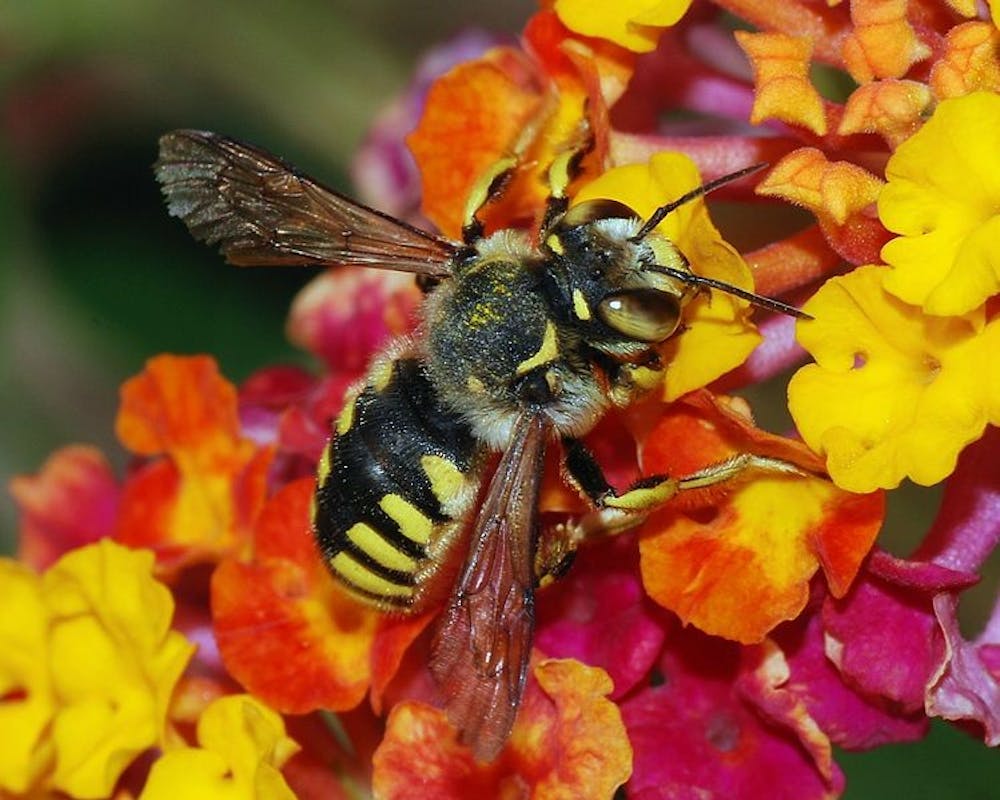As new strains of bacteria grow stronger and more resistant to drugs, antibiotics may becomes less effective. This is known as antibiotic resistance.
Antibiotics impede the growth of microorganisms that may cause the onset of various infectious diseases. They work by targeting the ribosomes in bacterial cells.
In doing so, the protein synthesis process that occurs in the ribosome is disrupted, and the bacterial cell fails to function, thereby preventing the infection from getting worse.
Antibiotics were first accidentally developed by Alexander Fleming in 1928 in the form of penicillin. From then on, more than 100 different compounds have been found that have proven to be more effective in attacking other bacterial strains.
However, no new antibiotics have been discovered since 1987. Given our reliance on antibiotics, this poses a significant threat to society.
According to the Centers for Disease Control and Prevention (CDC), roughly two million people are infected by strains of bacteria that are resistant to antibiotics every year. Nearly 23,000 people die each year as a direct result.
As different bacterial strains develop a resistance to antibiotics, it will become harder and harder to prevent the spread of infectious diseases. The lack of a new antibiotic compound is proving to be one of the most pressing issues for the CDC.
Researchers at the University of Illinois at Chicago (UIC) College of Pharmacy’s center for biomolecular sciences may have provided a breakthrough to this problem. The answer? Honeybees.
Insects such as bees, wasps and hornets produce a protein that helps protect them from infections. This protein, apidaecin — known as Api137 — works very differently from the antibiotics discovered by Fleming.
Instead of attacking the protein factory in the ribosome, which makes proteins for the whole cell, the Api137 is a protein that inhibits protein production in destructive bacteria.
According to Alexander Mankin, a UIC researcher, Api137 is the first known inhibitor of translation termination. In other words, protein production is stopped by altering various stages of protein translation (the process by which DNA is ‘translated’ into protein molecules). Mankin released his findings in the journal Nature Structural & Molecular Biology.
While researchers at UIC are looking at the important contributions of honeybees in antibiotics, Canadian researchers at Saint Mary’s University are investigating antibiotics through bat colonies.
Professor Clarissa Sit is attempting to discover a new antibiotic compound capable of killing various superbugs through natural tactics.
“We basically look to [nature] for inspiration, because some of the more complex drugs we use — not just antibiotics but other types of drugs like for blood pressure lowering or cholesterol lowering drugs — are also from natural sources originally,” Sit said in a Natural News article.
It’s safe to say that we can expect a newly discovered antibiotic compound in the near future.





